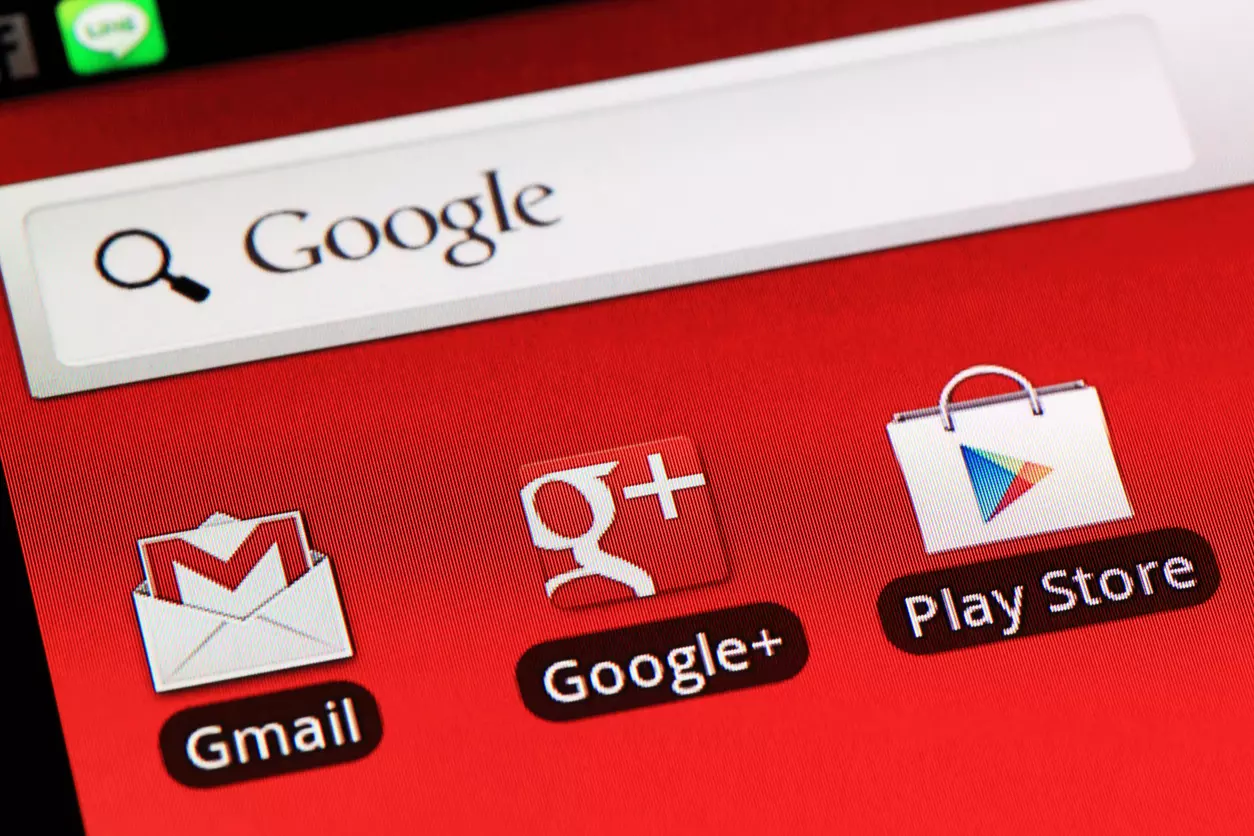
‘Google created illegal search monopoly', says US court in landmark ruling
The company said the ruling unfairly targets its success, and it will appeal against the decision

In a landmark judgement against monopoly in businesses, a United States district judge ruled on Monday (August 5) that Google violated anti-trust laws in creating an illegal monopoly with its search business worldwide.
Judge Amit Mehta found that Google used billions of dollars to ensure it controlled 90 per cent of the online search market and 95 per cent of the smartphone search market.
This judgement is seen as a major victory for America’s federal authorities who have been targeting the Big Tech companies like Google, Meta, and others for their dominance. It could also lead to another trial to explore potential solutions that might include a breakup of Google’s parent company, Alphabet.
US district judge Washington D.C., Amit Mehta, wrote in his ruling, “The court reaches the following conclusion: Google is a monopolist, and it has acted as one to maintain its monopoly.”
Google’s response
Google said the ruling unfairly targets its success, and will appeal against the decision.
The company said in a statement, “This decision recognises that Google offers the best search engine, but concludes that we shouldn’t be allowed to make it easily available.”
‘Significant victory’
US attorney general Merrick Garland, responding to the judgement, said that no company is above the law and called the ruling a “significant victory”. The White House said the judgement is a win for competition.
This is the first major antitrust ruling against a large tech company in many decades. The case was initiated by the previous administration led by Donald Trump.
It could open the doors for similar action against other tech majors like Meta, Apple, and Amazon.

